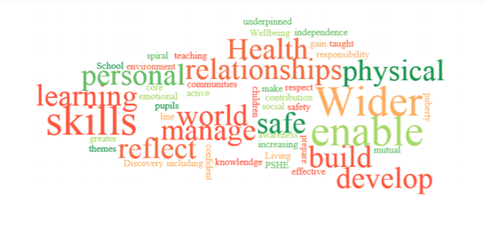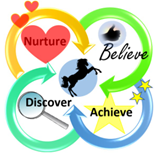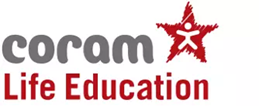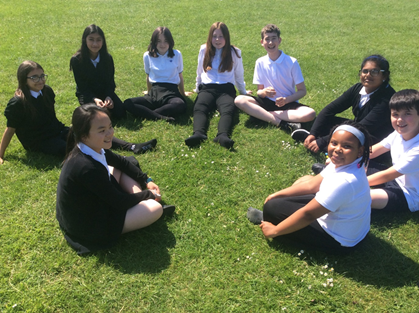PSHE


Lesley Lenton is the PSHE lead.

At Studfall, we understand the importance of PSHE and how it teaches children the skills, knowledge and attributes that they will need to keep themselves healthy, safe and prepare for life in modern society. We regard PSHE as an essential, integral component of our curriculum; it is central to our approach and at the core of our ethos. Our aim is to help children understand how they are developing personally and socially and support them in playing a positive role in the life of the school and wider community.

Nurture- Our PSHE curriculum has been designed with the aim of supporting the development of the “whole child.” We ensure that there is a strong emphasis on nurturing mental and physical health, building resilience and promoting well-being. Through a range of approaches, children are taught to understand how they are developing personally and socially as well as promoting their social, mental and physical development.

Believe- We encourage our children to have high aspirations, a belief in themselves and to develop their sense of self-worth. Children learn how to build and maintain successful relationships and develop their identity and self-esteem through their contributions to school life and the wider community.

Discover-We ensure children have opportunities to reflect on and clarify their own values, attitudes and feelings through opportunities to learn about rights and responsibilities and what it means to be a member of a diverse society.

Achieve- We aim to provide learning that is accessible to all and maximises the outcomes for every child. Through a range of approaches, children are taught the acquisition of skills and knowledge which will enable them to develop strategies to support their own health and well-being and enable them to realise their potential throughout the school curriculum.


We use the SCARF (Safety, Caring, Achievement, Resilience, Friendship) scheme of work to plan and support our PSHE curriculum. It is centred on a values-based and ‘Growth Mindset’ approach. SCARF lessons promote positive behaviour, mental health, wellbeing, resilience, and achievement. SCARF provides us with a comprehensive scheme of work for PSHE, with lesson plans that are mapped to the National Curriculum and cover the DfE’s statutory requirements for Relationships and Health Education, as well as linking to the PSHE Association’s Programme of Study.
Each year group covers the same six core themes:
1. Me and My Relationships
2. Valuing Difference
3. Keeping Myself Safe
4. Rights and Responsibilities
5. Being at My Best
6. Growing and Changing.
SCARF is a spiral curriculum, which means that the children cover these same six themes every year. Each time they encounter a theme, it increases in complexity and reinforces previous learning. This continual revisiting with a changing focus ensures that learning becomes embedded, expanding on knowledge, extending thinking and developing skills.
Our PSHE curriculum also promotes the SMSC (spiritual, moral, social and cultural) development of our pupils, dealing with many of the environmental, social and cultural issues that they will be exposed to as they grow up, therefore preparing them for life in our diverse society.
PSHE is embedded throughout our pupil’s school life, but discrete weekly lessons ensure coverage of all topics. Children learn using a variety of approaches that enable all children to have access to learning which includes: whole class teaching, group work, assemblies, educational visits, links with the local community, visitors to school as well as individual, tailored interventions. In addition, whole school campaigns throughout the year such as Anti- Bullying week, Well-being week, Mental Health Awareness week and Careers week compliment learning throughout school. Constant cross- curricular links are made between PSHE and other subjects such as R.E, P.E, Science, English, Computing, History, Geography, Art and Music to ensure learning can be applied and developed through a range of contexts.

Relationships and Sex Education – Year 5/6
RSE (Relationships and Sex Education) will be taught to our pupils in Years 5 and 6. This teaching will be in addition to the statutory requirements of the National Curriculum for Science, which at key stages 1 and 2 includes teaching about the main external parts of the body and changes to the human body as it grows from birth to old age, including puberty. All lessons are age appropriate and taught in an inclusive way. For further information, please see the RSE Policy (below).
